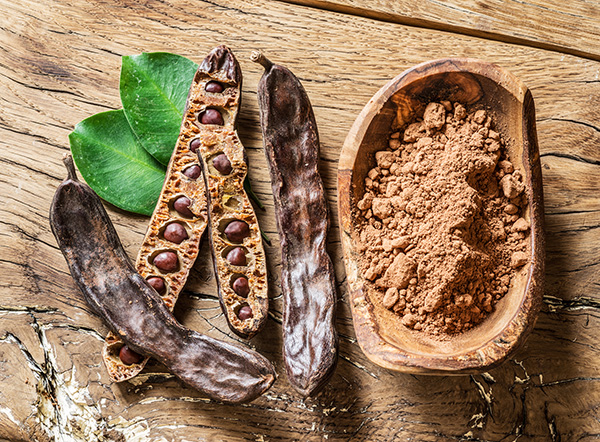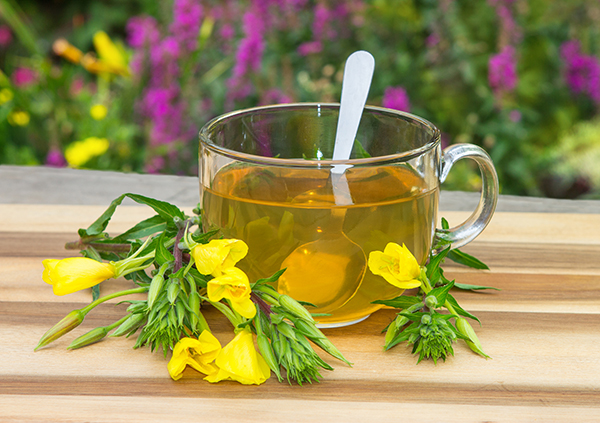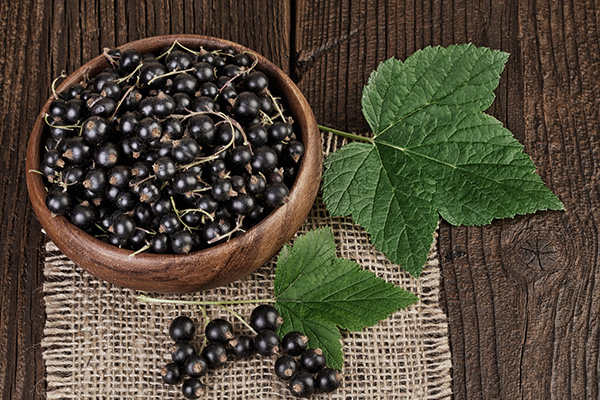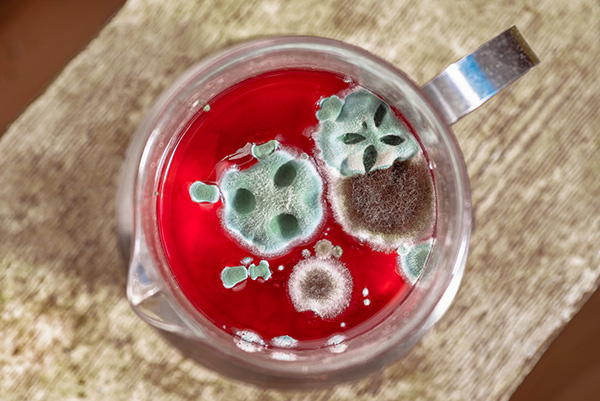Can I Drink Tea After Wisdom Teeth Removal?
It’s normal to feel a bit anxious after wisdom teeth removal surgery. It is, after all, a considerable dental procedure that can provoke a certain level of discomfort. One of the most common questions we hear is: can I drink tea after wisdom teeth removal?
Yes, you can drink tea after wisdom teeth removal. However, you should avoid drinking hot or cold teas for up to 48 hours after the procedure. Room temperature or lukewarm teas are safe to enjoy as soon as your surgery is complete. Make certain to consult your dentist before consuming tea if you are on any medications or have additional health issues.
How Long After Wisdom Teeth Removal Can I Drink Tea?
After wisdom teeth removal, waiting at least 24-48 hours before drinking hot liquids such as tea is important. Drinking too soon can disrupt the blood clot in the extraction site and increase your risk of complications. When you start consuming tea, drink it at a comfortable temperature to avoid discomfort or slower healing.
When drinking tea after wisdom teeth removal, it’s important to be mindful of certain ingredients that can cause irritation or increase bleeding. For example, avoid teas with citrus, such as lemon or orange, as these may irritate the surgical site. Peppermint and chamomile are calming teas that can help soothe discomfort after wisdom teeth removal.
In addition to avoiding hot teas, avoid drinking through a straw or sucking on hard candies. Both of these activities can increase the risk of a dry socket, which is when the blood clot at the extraction site becomes dislodged and leaves the bone exposed to air and food debris.
Please consult your dentist or oral surgeon for personalized advice and instructions tailored to your situation.
What Tea to Drink After Wisdom Teeth Removal?
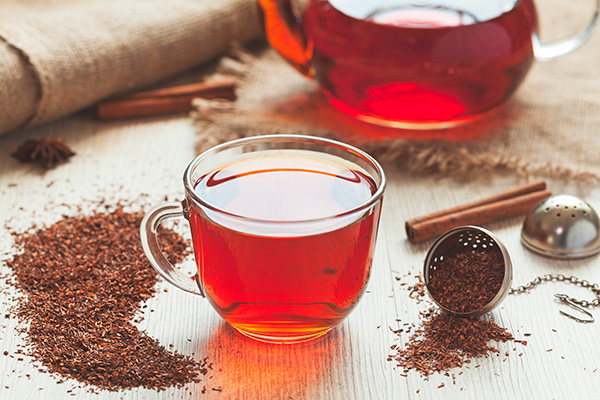
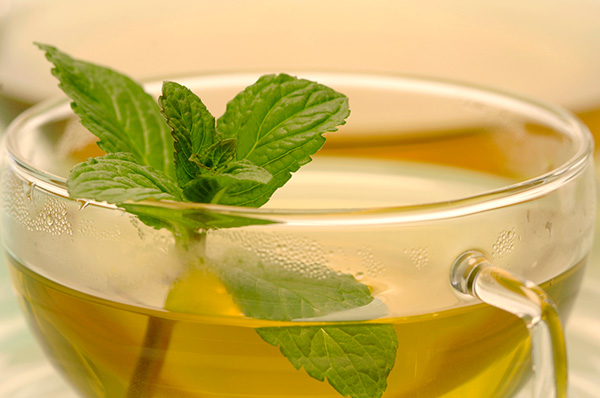
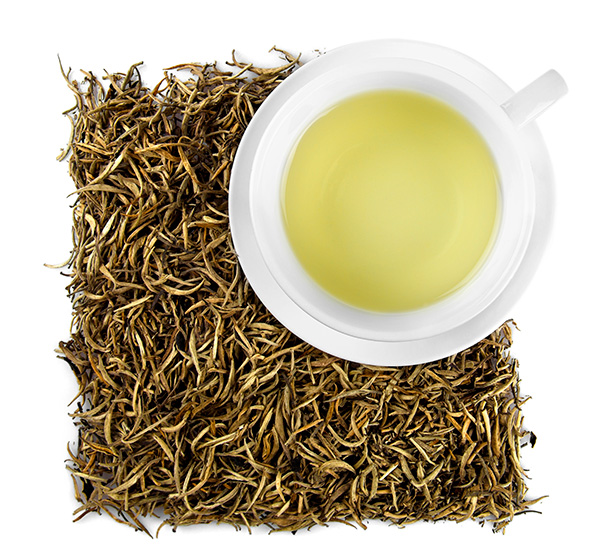
After wisdom teeth removal, it’s important to drink beverages that can promote healing and alleviate discomfort while avoiding irritation to the extraction site. When it comes to tea, choose types that have soothing and anti-inflammatory properties.
Some good options include:
- Chamomile tea: Recognized for its soothing and anti-inflammatory qualities, chamomile tea can aid in easing gum discomfort and fostering a sense of relaxation.
- Peppermint tea: The natural cooling effect and mild analgesic properties of peppermint tea can relieve discomfort and swelling.
- Green tea: Loaded with antioxidants and anti-inflammatory compounds, green tea might reduce inflammation and facilitate recovery. However, be cautious with the temperature of the tea, as very hot or cold beverages can cause discomfort.
- Echinacea tea: Thought to enhance the immune system, echinacea tea might contribute to fending off infections and promoting your body’s recuperative abilities.
- Ginger tea: Ginger has anti-inflammatory properties and may help alleviate pain and swelling. Make sure to drink ginger tea lukewarm or at room temperature.
- Rooibos tea: Being caffeine-free and packed with antioxidants, rooibos tea may bolster your body’s recuperative abilities without causing discomfort.
- White tea: Containing a lower caffeine content than black or green tea, white tea is gentler on your extraction site while still providing antioxidants.
Remember to always drink your tea lukewarm or at room temperature, as extreme temperatures can cause pain and irritation. Also, avoid using straws when drinking tea or other beverages. The suction can dislodge blood clots and disrupt the healing process.
Tips for Drinking Tea After Wisdom Tooth Removal
To ensure a smooth recovery and minimize complications after wisdom tooth removal, follow these tips when drinking tea or any other beverages:
- Temperature: Drink your tea at lukewarm, or room temperature, as hot or cold beverages can cause discomfort and irritation to the extraction site.
- Avoid using straws: It is best not to use straws when consuming tea or other liquids. The suction can dislodge blood clots and disrupt the healing process, potentially leading to a painful condition called dry socket.
- Sip gently: Take small sips and avoid swishing the tea around in your mouth to prevent disturbing the extraction site.
- Start with mild flavors: Start with milder, gentle teas like chamomile or peppermint, as they have a lower tendency to provoke discomfort. As your healing progresses, you can gradually introduce other types of tea.
- Avoid caffeine: Pick decaffeinated or low-caffeine tea options like chamomile, rooibos, or white tea, as caffeine may obstruct your body’s natural healing mechanism and increase complication risks.
- Wait for the right time: Begin drinking tea only after the bleeding stops and the initial clot forms, typically a few hours after the extraction. Consult with your oral surgeon or dentist for personalized guidelines.
- Avoid drinking tea with sugar: The sugar in tea may encourage bacterial development within your mouth, elevating the chances of infection and hindering healing progress.
Conclusion
Waiting 24-48 hours after wisdom teeth removal before drinking hot teas is important. To reduce the risk of complications like a dry socket, it is best to drink lukewarm teas instead of cold or hot beverages in the first 24-48 hours.
Also, be sure to avoid tea ingredients like citrus that can irritate, and opt for calming teas like peppermint and chamomile. Lastly, avoid drinking through straws or sucking on hard candies, as this can increase the risk of a dry socket.
Considering all these precautions can help ensure a speedy recovery after wisdom teeth removal!
FAQ
Can I Drink Cold Tea After Wisdom Teeth Removal?
Avoiding cold tea or any other cold beverages in the first few days after wisdom teeth removal is best, as the low temperature can cause discomfort and irritation at the extraction site. Moreover, extreme hot or cold temperatures can increase swelling and delay healing.
Can I Drink Iced Tea After Tooth Extraction?
It is generally not recommended to drink iced tea after tooth extraction as it can cause damage to the blood clot that forms in the empty socket. Cold liquids can cause the blood clot to break down, leading to a painful condition called dry socket. For that reason, it is advisable to steer clear of cold drinks for a minimum of 24-48 hours after tooth extraction. This includes iced tea, soda, and other cold drinks.
Can I Drink Hot Tea After Tooth Extraction?
It is not advisable to drink hot tea immediately after tooth extraction. Hot beverages like tea can cause discomfort and irritation at the extraction site. Moreover, extreme temperatures can increase swelling and may delay the healing process.
Can I Drink Sweet Tea After Tooth Extraction?
Drinking sweet tea after wisdom tooth removal is generally not recommended, particularly during the initial days of recovery. The presence of sugar in sweet tea can facilitate bacterial expansion in the mouth, potentially raising the chances of infection and slowing down the healing process. Moreover, an overly hot or cold tea temperature could lead to discomfort and irritation in the area of extraction. Sweet tea, especially made from black tea, can be slightly acidic, potentially exacerbating irritation. Additionally, caffeine in sweet tea could potentially hinder the recovery process and increase the likelihood of complications.
Is Tea Good for Healing Wisdom Teeth?
Some teas, including chamomile, peppermint, green, rooibos, and ginger varieties, can aid in recovery following wisdom teeth extraction thanks to their calming, anti-inflammatory, and germ-fighting attributes. However, consuming tea at room temperature or lukewarm is essential, as extreme temperatures can cause discomfort and irritation.
Additionally, tea bags, specifically black tea bags, can help stop bleeding after wisdom tooth removal. Tannins in black tea possess astringent qualities, enabling them to constrict blood vessels, alleviate inflammation, and facilitate clotting.


